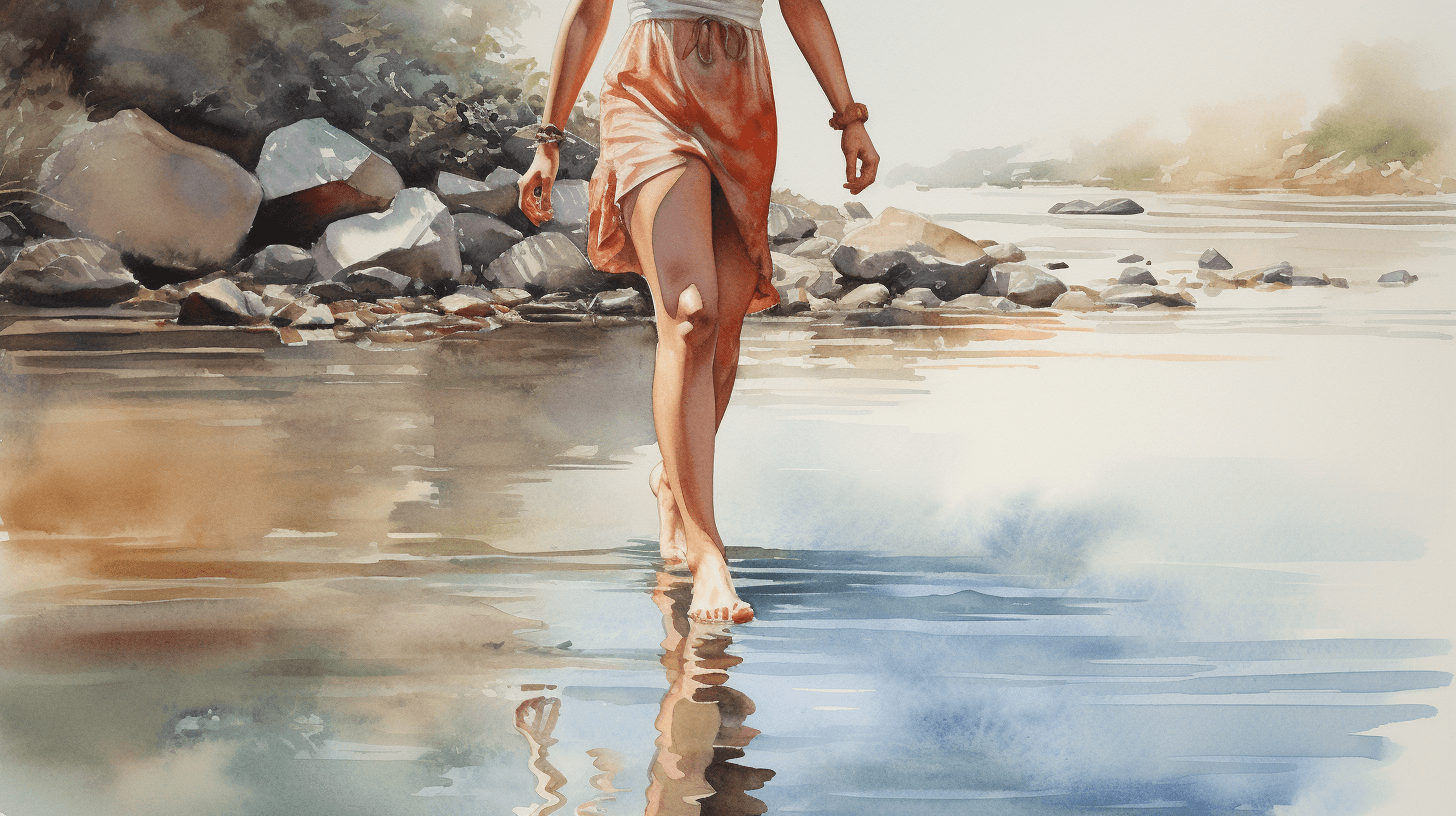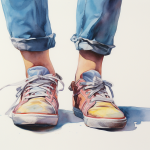What Does It Mean to Dream About Being Barefoot? A Comprehensive Dream Interpretation
Dreams about being barefoot are surprisingly common and often leave a strong impression. If you’ve recently had a dream where you found yourself without shoes, you might be curious about what this symbol means. Is it a warning, a reflection of your current feelings, or a sign of something deeper? In this post, we’ll explore the many meanings behind dreaming about being barefoot, helping you uncover what your subconscious might be trying to tell you.
The Symbolism of Being Barefoot in Dreams
Being barefoot in a dream can represent a variety of themes, from vulnerability and freedom to grounding and authenticity. Since shoes are a protective barrier between us and the world, dreaming of being without them often reflects your current emotional or psychological state.
Common interpretations focus on themes like exposure, connection to nature, honesty, or even feeling unprepared for certain situations. Understanding the context of your dream is key to unlocking its meaning.
Common Meanings of Dreaming About Being Barefoot
Here are some of the most frequent interpretations linked to barefoot dreams:
1. Vulnerability and Exposure
Dreaming of being barefoot can highlight feelings of vulnerability. You might be facing situations where you feel exposed or unprotected, either emotionally or physically. It may be a prompt from your subconscious to acknowledge these feelings and approach them with care.
2. Freedom and Liberation
On the flip side, being barefoot can signify freedom from constraints. It may represent a desire to return to a simpler, more natural state, free from societal pressures or personal limitations.
3. Grounding and Connection
Bare feet connect us directly to the earth, so dreaming of being barefoot can indicate a need to reconnect with your roots or find balance. It’s often a symbol of grounding yourself and being more present in your daily life.
4. Feeling Unprepared or Insecure
If you feel discomfort or anxiety in your dream while barefoot, it might reflect feelings of being unprepared or insecure in some area of your life. This could relate to work, relationships, or personal challenges.
5. Authenticity and Being True to Yourself
Going barefoot can also symbolise shedding pretences and being genuine. Your dream might be encouraging you to embrace your true self and discard any masks you wear in public.
Different Scenarios of Barefoot Dreams and Their Interpretations
The details within your barefoot dream are important:
- Walking barefoot on soft grass or sand: Often a positive symbol indicating peace, relaxation, and harmony with nature.
- Walking barefoot on rough or dangerous terrain: May indicate challenges ahead or feelings of pain and difficulty in your waking life.
- Being barefoot in public: Can highlight feelings of embarrassment or fear of judgment.
- Children or loved ones barefoot: Might suggest innocence, playfulness, or a desire to protect those close to you.
- Choosing to go barefoot: Suggests intentionality in embracing freedom or vulnerability.
Emotional Context Matters in Barefoot Dreams
Your feelings during the dream provide valuable clues:
- Comfort and joy: Indicate acceptance and a harmonious state of being.
- Anxiety or embarrassment: Suggest feelings of insecurity or fear of exposure.
- Pain or discomfort: Reflect struggles or difficulties you may be facing.
- Calmness and peace: Represent grounding and emotional stability.
Psychological Insights: What Barefoot Dreams Reveal
From a psychological perspective, dreaming of being barefoot often points to your current mental or emotional state. It can reveal how grounded or disconnected you feel from your inner self or your surroundings. The dream might also highlight a need to face your vulnerabilities honestly or take a more authentic path in life.
What to Do After Dreaming About Being Barefoot
If this dream resonates with you, here are some steps you can take:
- Reflect on areas of your life where you might feel vulnerable or exposed.
- Consider ways to reconnect with your environment or reduce stress through grounding techniques, such as walking barefoot in nature.
- Embrace opportunities for authenticity, letting go of societal pressures or pretences.
- Identify if you feel unprepared in any area and take steps to build confidence.
- Practice self-compassion and allow yourself to be open and genuine.
Final Thoughts: Embracing the Message of Your Barefoot Dream
Dreams about being barefoot are rich with symbolism and often serve as a mirror to your emotional and psychological landscape. Whether your dream highlights vulnerability, freedom, grounding, or authenticity, it invites you to explore your feelings and relationships with yourself and the world around you. By paying attention to these messages, you can gain insight and move forward with greater self-awareness and balance.



